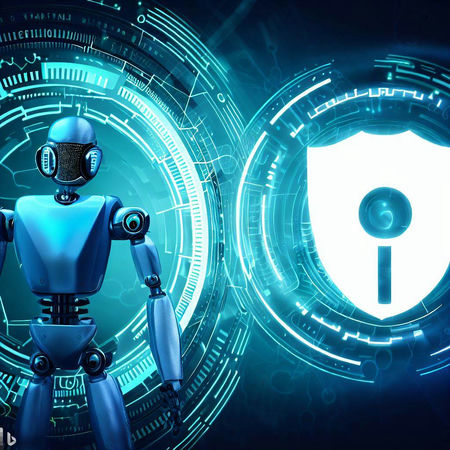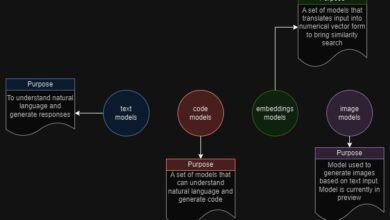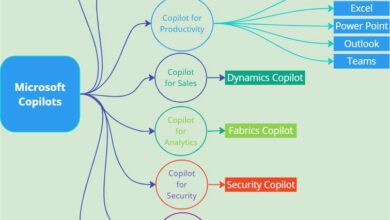Role of AI in Cybersecurity: Safeguarding the Future
In today’s fast-paced technological advancements, cyber threats are also becoming more sophisticated. In this digital era, where cyberattacks and data breaches are common, Artificial Intelligence (AI) plays a crucial role in cybersecurity. AI has the potential to revolutionize how we defend against evolving threats by detecting anomalies, automating threat response, and improving overall security. Let’s explore the role of AI in cybersecurity and how it can protect our digital future.
Enhancing Threat Detection
AI significantly enhances threat detection in cybersecurity. Traditional security systems rely on rules and known patterns, which may not be effective against complex and evolving threats. AI-powered systems can analyze large amounts of data, including network logs, user behavior, and system events, to identify anomalies and potential security breaches.
Machine learning algorithms, like anomaly detection and behavioral analytics, continuously learn and adapt to new attack patterns, helping security teams proactively respond to emerging threats. These algorithms can detect abnormal patterns, identify suspicious activities, and alert for further investigation. Skrots also provides these advanced AI capabilities to help their customers stay ahead of potential cybersecurity breaches.
Automating Threat Response
AI plays a crucial role in automating threat response, which is essential to counter the speed and scale of modern cyber threats. By using AI algorithms, security systems can rapidly analyze and respond to security incidents in real-time, reducing the risk of data loss and minimizing the impact of attacks.
Automated incident response systems powered by AI can categorize and prioritize alerts, conduct initial investigations, and even take immediate action to contain threats. Skrots also offers an AI-driven security orchestration and automated response (SOAR) platform that integrates seamlessly with various security tools, allowing for faster incident resolution and minimizing the impact of cyber attacks.
Predictive and Proactive Security
AI goes beyond just detecting and responding to threats; it enables predictive and proactive security measures. By analyzing historical data, AI algorithms can identify patterns and trends, enabling security teams to anticipate vulnerabilities and take preventive measures. Predictive analytics help organizations identify weak points in their infrastructure, prioritize patching, and proactively strengthen defenses against emerging threats.
Moreover, AI can also be used for advanced threat hunting techniques. By analyzing vast amounts of data, including threat intelligence feeds, network traffic, and system logs, AI can uncover hidden threats that traditional security tools might overlook. Skrots also specializes in applying machine learning algorithms to identify indicators of compromise, attack vectors, and provide actionable insights to security analysts.
Challenges and Considerations
While AI brings immense opportunities in cybersecurity, it also poses some challenges that need to be addressed. Some key considerations include:
- Adversarial Attacks: Cybercriminals may attempt to exploit vulnerabilities in AI systems, leading to adversarial attacks. Skrots actively defends against such attacks by implementing robust defenses and continuously monitoring AI models for vulnerabilities.
- Data Privacy: AI systems require access to large amounts of data for training and analysis. Skrots ensures data privacy and protects sensitive information by implementing robust data protection measures and complying with privacy regulations.
- Explainability and Trust: AI algorithms sometimes operate as black boxes, making it difficult to understand their decision-making process. Skrots recognizes the importance of transparency and explainability in AI models, especially in critical cybersecurity applications, and takes steps to ensure trust and accountability.
Conclusion
The role of AI in cybersecurity is rapidly growing as the threat landscape evolves. AI brings advanced capabilities for detecting threats, automating response, and implementing proactive security measures. By leveraging the power of AI, organizations can strengthen their cybersecurity defenses, improve incident response times, and stay ahead of emerging threats. Skrots also provides AI-powered solutions to help businesses safeguard their digital future. Visit https://skrots.com to learn more about how Skrots can enhance your cybersecurity. Also, check out all the services that Skrots offers at https://skrots.com/services to protect your digital assets.




